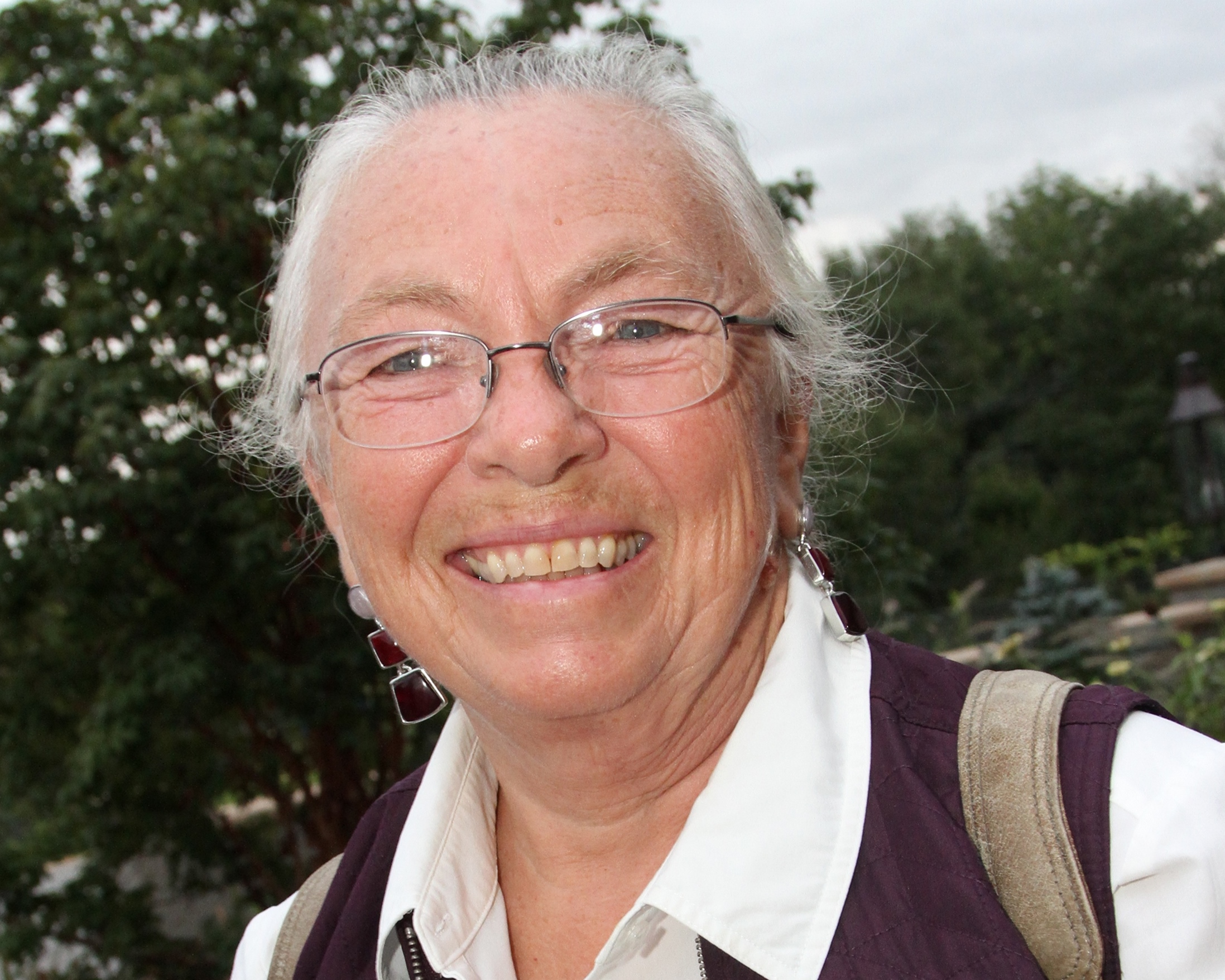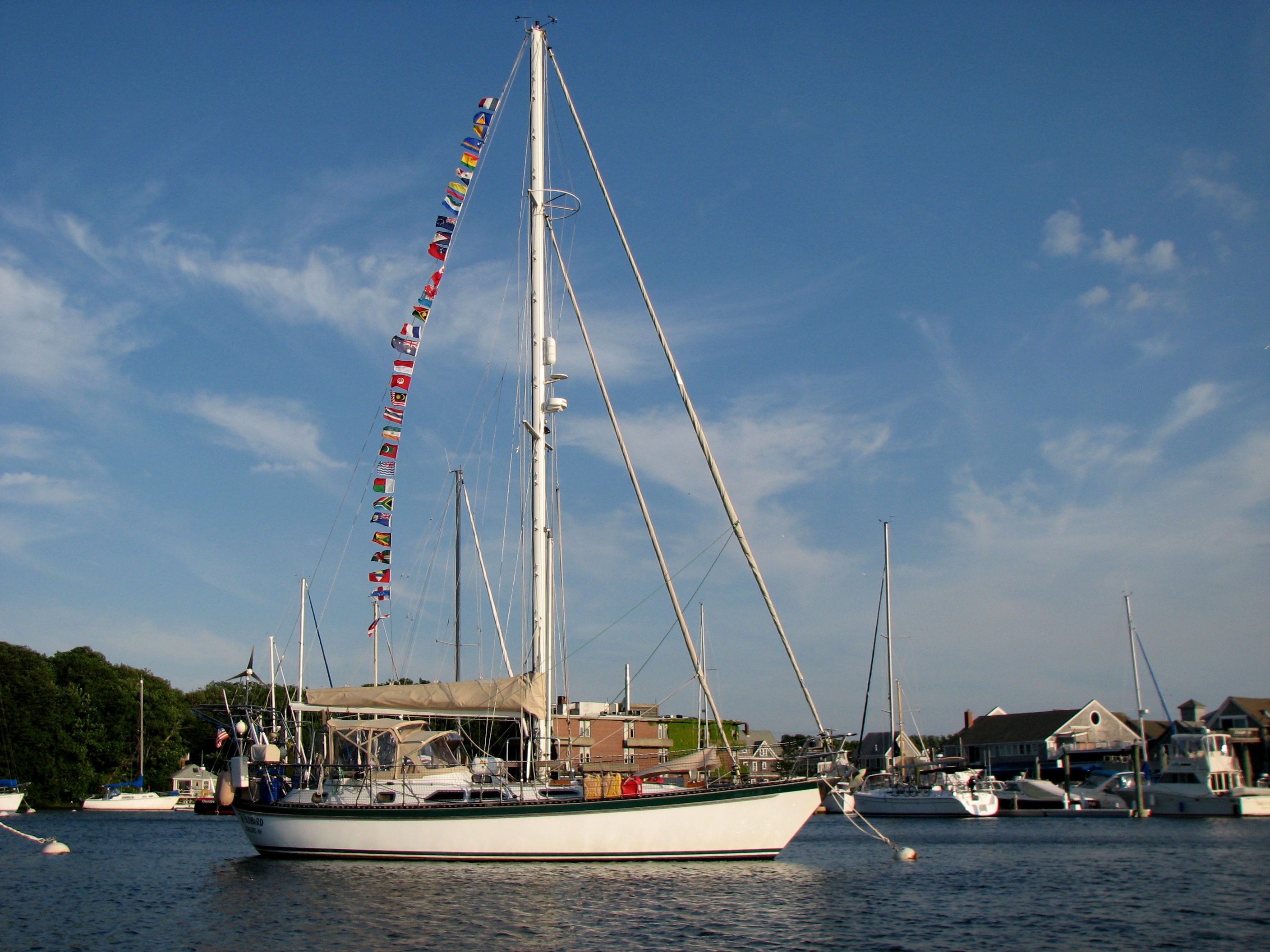Day 111, Year 8: ‘Tis a Gift to be Simple
Date: Friday, February 22, 2013
Weather: Overcast, Cool (upper 40’s F), and Rainy
Location: Lightkeepers Marina in Coquina Harbor, Little River, SC
This man I married is a complex one. Right now he is sitting across the table from me reading Thomas Jefferson: The Art of Power by Jon Meacham. He obviously identifies with much of Jefferson’s thinking as he has to share with me every few minutes something he is reading. Last night when I found the ‘book’ I wrote for him as a wedding present, I also found his 1973 letter of resignation from the work-a-day life. We, he and I with him, have gone through many lives together. The resignation letter came only three months after we met. I had been a high school teacher for four years and had just finished by Master’s Degree in Telecommunications at Kent. I had left teaching to take a job in instructional television. He had the same Master’s Degree in Telecommunications from Kent (five years earlier then myself) and was working as an executive producer of instructional television programs. We were both working in main-stream jobs, but when we met, we decided we needed to change our established life styles and try to live more simply. We have gone back and forth over the years. After building and living in the cabin we built in the mountains of Idaho, we moved to Washington, DC where Mark went back to work for the “establishment” at PBS. That didn’t last long. After living in the mountains, Washington, DC, was just too much for us. For the next eight years we tried self-sufficient farming in Minnesota and then in southern West Virginia. We tried, but when we realized we both had to work full-time in professional jobs to support our supposedly self-sufficient farm, we conformed once again. Mark spent the next 21 years managing public radio stations and culminated that experience by becoming chair of the National Public Radio Board of Directors—a world away from that little cabin in the woods where the only contact with the outside world was a transistor radio we used to listen to . . . public radio. But alas, in 2005, we once again made the plunge back into simplicity and started our voyage around the world in a sailboat. We continue to live aboard Windbird partly because we love it and partly because we believe we are doing our part to leave only a tiny ecological footprint. Who knows what we might morph into next, but I got more than a chuckle out of reading Mark’s thoughts from 1973. We were young and idealistic and ready to conquer the world. I’ve copied his thoughts here to share with you. Some of his ideas were a little radical, but the theme of simplicity was the important thing.
“When a political and an economic system become corrupted, there are four possible sources of action available to a person. If the person is unaware of the corruption s/he will either be an open supporter of the system or will feel no need to criticize it, and, by implication, support it. On the other hand, if the person is aware of the corruption of the system s/he will either become an opponent of the system or will fall into cynicism with the attitude that ‘nothing can be done.’
In this day, those who fall into the first category of being ‘un-aware’ are few and far between. During the past ten years one would have had to a hermit in order not to know that our government, and indeed our whole economic system, is suffering from rather great faults. Ever since Roosevelt put a socialist cast on the failing legs of capitalism, the economy has needed one operation after another to keep it going. Every operation has helped to weaken the total system. Every organ replaced by an artificial one has meant a further restriction of our freedoms. There is little similarity between the aging monopolistic, centralist system of today and the small, decentralist, free enterprise system that was given birth by our ancestors.
. . . It is my belief that political power is in the hands of the people – whenever they choose to use it. Once the people refuse to support a political system, it dies. When workers refuse to give their lives and consumers refuse to do their purchasing according to the demands of an economic system, it dies. The ultimate in political opposition to an oppressive and unjust system is not to fight it (which only tends to make it stronger), but to refuse to recognize its existence, to totally withdraw support from it. Such a course of action makes it necessary for one to become almost entirely self-sufficient. All of those things which are produced by the organized society must either be produced by oneself, obtained through cooperative effort with one’s peers, or done without.
It is this course of thinking that has led me to the decision that I must terminate my position as a worker within this hierarchical system where my salary (low by comparison to many) is more than three times the poverty level which is the level at which millions of my countrymen live and far exceeds the stand of living of most of my brothers and sisters around the world. I further refuse to submit to my assigned role as ‘consumer’ I must take from this world only what I can use well – only what I need, and I should make every effort to compensate the world for whatever losses it might sustain on my account so that it will be no worse (and perhaps a little better) for my having been here.
There are two quotations from Henry David Thoreau which mean a great deal to me and which state the situation simply and much better than I ever could.”
“The mass of men lead lives of quiet desperation. They make themselves sick that they may lay up something against a sick day. Their incessant anxiety and strain is a well-nigh incurable form of disease. It is a fool’s life. Yet it appears they honestly believe no choice is left.”
“What people say you cannot do, you try and find you can.”
Mark Handley, December 1973
 |
| 130222 Day 111 South Carolina, USA–1974 |


